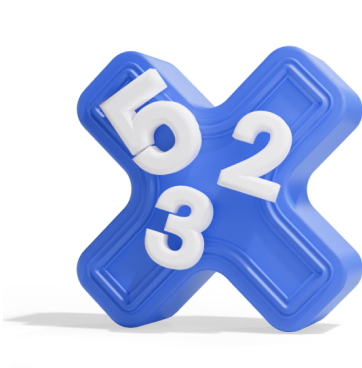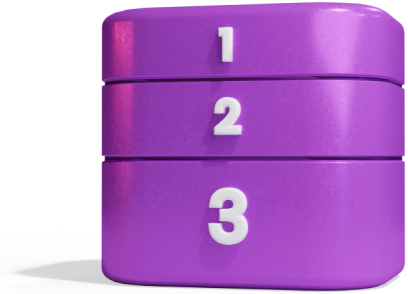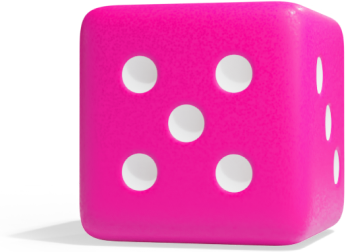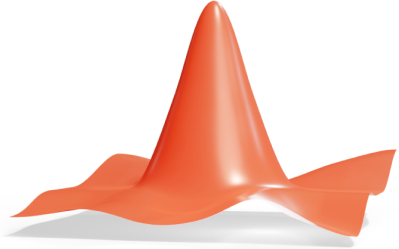
Study Tips

Good study habits are not necessarily innate, it is an ability that must be learned. Most of us have experienced that time is not enough, or that one struggles to focus. Here we have gathered some general study tips that can help you spend your time on schoolwork more efficiently.
Make Proper Notes
A lot of people take notes during class, but chances are that your notes might not be helping you as much as they can. Here are a few tips to make notes for better understanding:
1. Maintain neatness
2. Make them precise
3. Use diagrams and graphs
4. Use separate portions for each subject
5. Label each topic individually.
Follow these simple steps and you will be better able to understand the topic when you are revising it.
Do you want to read more about taking good notes? We have written about it here.
Pay Attention
In the time after global pandemic, chances are that your mode of study relies partially or completely on remote communication which involves screens. With such freedom, chances are you might want to take a break by playing a quick round of video games or maybe a quick look at social media? Well with no one to supervise, minutes might turn into hours. With many distractions, it may become difficult to grasp the concepts properly. Detoxifying apps can be useful to limit your screen time per app with restricted timing. Self-control and discipline is necessary to be the best you can at studies. Do you want to read more about how to avoid distractions? We have written about that as well.
Ask Questions
Often the ones who ask questions are the ones getting the best grades. Have you ever wondered why? That’s because learning is not a one way street. It is an interactive session relying on active communication between the teacher and the student, don’t be shy to ask questions. Ask your teacher, your friends or tutor.
Use Visualization
Often the best students are the ones with the best imagination. Reading a concept is one thing but trying to visualize it is the essential step to get to the core of understanding. Use analogies, use your imagination and use visual aids provided by teachers and on the internet. Try to think of the possible analogies for the concept you are learning. If you cannot, then ask the teacher to provide one.
Think Outside the Books
You probably don’t realize it, but you are using what you learn in your everyday life. Try to correlate what you learn every day with real life situations. Ask the teacher where these processes are being used practically and try to implement the concepts yourself in real life if you can through projects. For example, you can learn probability in mathematics class, but did you realize that probability is being used by multi-billion dollar businesses to predict customer demand? Try to use probability to predict the outcome of an event to gain a better insight on this concept.Ever since there were schools there were exams and ever since there were exams there were people

















